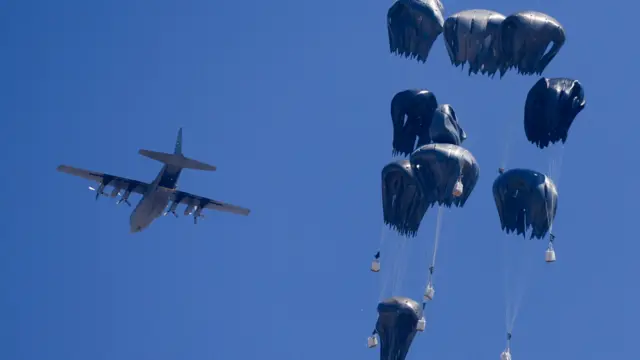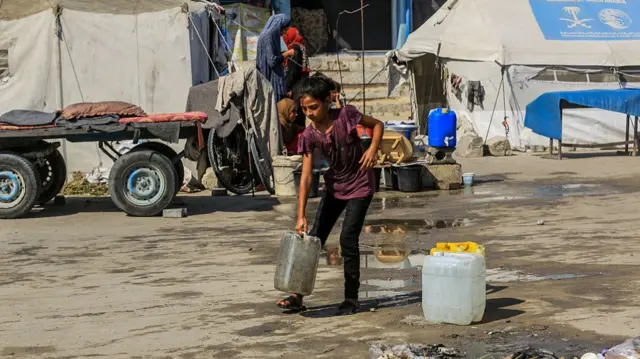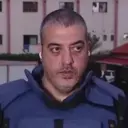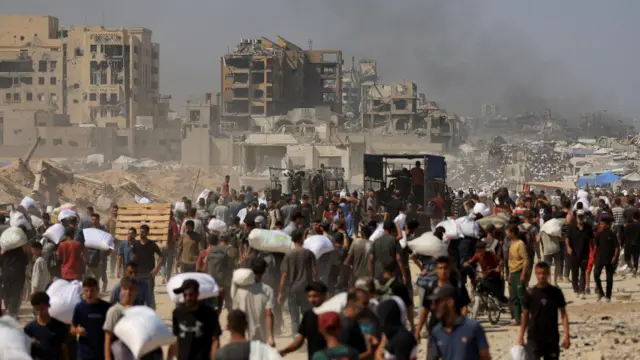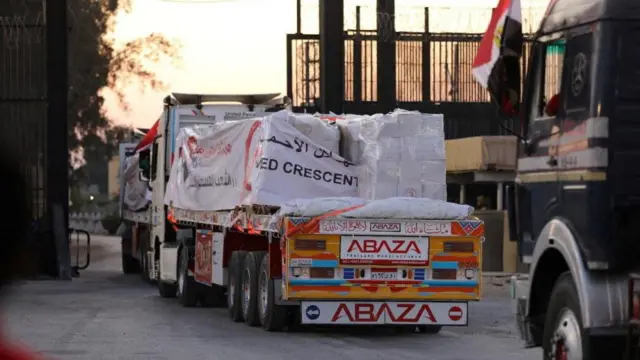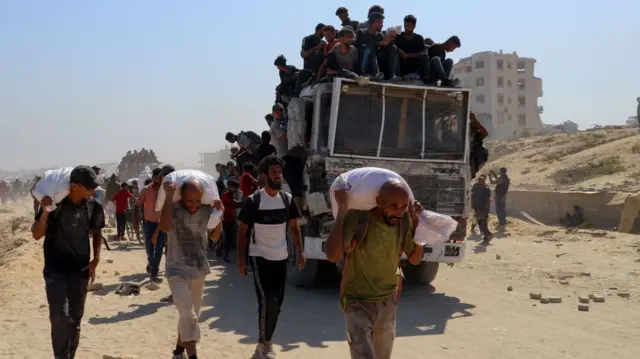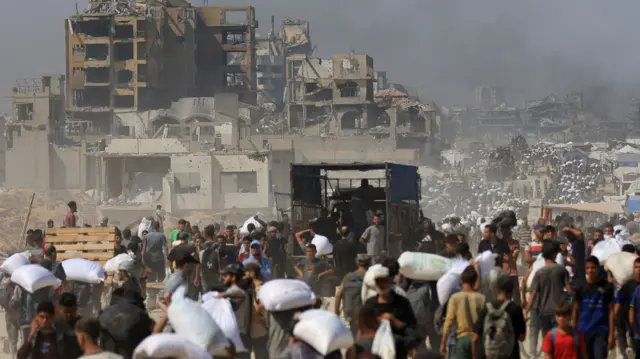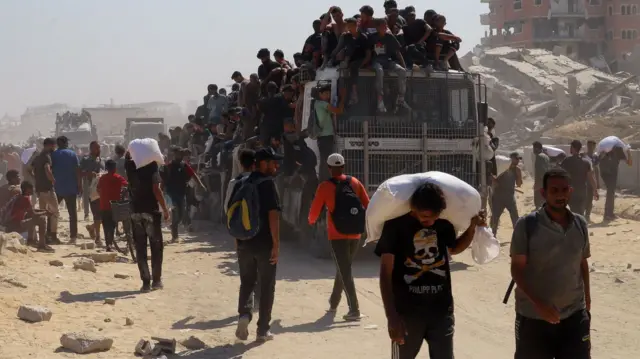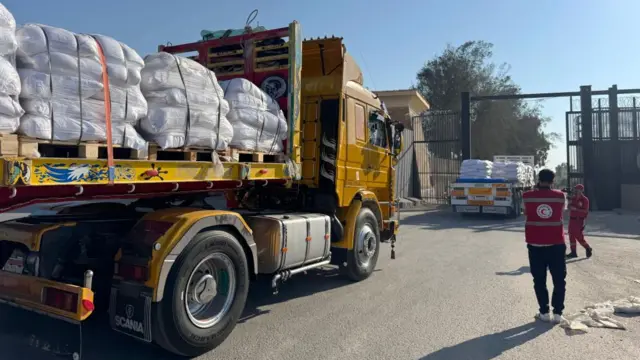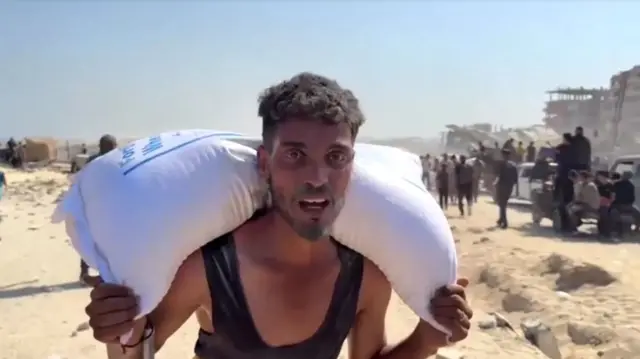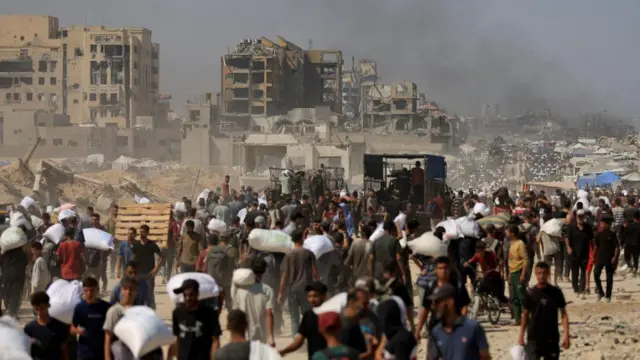How much food can airdrops actually deliver to Gazans?published at 13:18 BST 27 July
 Joe Inwood
Joe Inwood
World news correspondent
There’s been much fanfare about the idea of airdrops, with government press releases soon followed by dramatic images of aid drifting through the sky and into Gaza.
But, how much food can they actually deliver? We’ve been looking at the numbers and the answer is not enough, on their own.
When they flew similar missions last year, each C-130 cargo plane carried about 12,500 “meals” per trip, according to official figures released by US Central Command.
It’s worth pointing out we don’t know exactly what definition they used for a meal.
But, at that rate, approximately 160 flights would be needed just to provide a single meal for each of Gaza’s approximately two million people.
Given that the Jordanian and UAE Air Forces are thought to have about 20 C-130s between them, the challenges of using airdrops as a way of feeding the population are evident.
It’s also why the potentially far more significant part of last night’s announcement is the news that “humanitarian corridors” will be opening.
If, that is, they operate in a way that allows trucks carrying aid into the Gaza Strip in real numbers.
